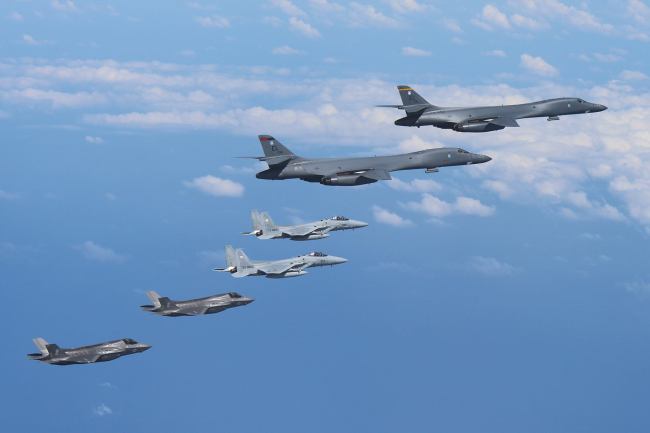If Africa wants to achieve social and economic transformation and become a more prominent global player, it should tackle the challenge of inadequate capacity, because “politically, Africa has done well since independence in the 1960s, but when it comes to development, we have a long way to go,” Ghana’s Senior Minister, Hon Yaw Osafo Maafo, has argued.
Speaking during the 26th Annual Meeting of the ACBF Board of Governors in Accra, the Senior Minister blamed Africa’s enduring capacity deficits on the “mismatch of training” across the continent where countries put more emphasis on training people in humanities but not so well in technical skills.
“When you talk about capacity, it simply means education and the right type of education. Here Africa has a problem,” Hon Osafo Maafo went on.
“I lived in Germany for some time, and in Germany, the whole education is geared towards hands-on experience. So the linkage between industry and university is part of the curriculum. Therefore you don’t just go through university without an industrial attachment relevant to your training. Thus graduates come out already familiar with their areas of training.
“We need to direct our education to suit our development so that vocational and technical education becomes essential in the development of Africa,” the Senior Minister continued. “It is an area every single African country is found wanting.”
Still pressing the point, Hon Osafo Maafo said: “When you talk about capacity, you are also talking about internally-generated resources. We must concentrate on mobilizing funds among ourselves. If we are not able to fund this institution [ACBF], we have a problem. We must make sure that this institution of ours is financially independent.
“We in Ghana certainly welcome any additional support for ACBF, but we should be able to mobilize among ourselves sufficient resources to keep ACBF going before we stretch our hands to development partners for help. Their help should be the icing on the cake, not the main thing.”
He challenged Africans to think outside the box, especially on how to access capital aside of borrowing. “The conventional thinking is borrowing,” the Senior Minister who was once Ghana’s Finance minister said, “but we must look at accessing capital without borrowing. We must be able to raise capital in the context of our natural resources without overburdening our countries with debts.”
He urged Africans to learn to trade ideas among themselves more, because “we don’t do it enough.”
“We don’t need to go outside the continent, we can look inside and exchange ideas. We have institutions in certain countries that are well advanced. Let’s identify ourselves and learn from ourselves.”
Speaking earlier, H.E. Thomas Kwesi Quartey, the Deputy Chairperson of the AU Commission, said capacity remained important for Africa’s future, and it was in recognition of the role of ACBF and capacity development that the Foundation was granted the status of AU’s Specialized Agency for Capacity Development.
Explaining further, H.E. Quartey said: “ACBF has been granted the status of Specialized Agency not just because we like ACBF nor that we simply needed to add to the list of specialized agencies to expand the AU Empire. Rather, it is solely in recognition of the criticality of capacity development on the continent and the uncontested role and vast experience of ACBF in this area.”
He commended the ACBF for a study it did on “OAU-AU Treaties, Conventions, and Agreements from 1963 to 2014”. The study, he said, showed that there were quite a number of treaties and conventions signed but implementation was a big challenge.
“Capacity for implementation is therefore quite a worrisome issue,” H.E Quartey said. “Efforts must be put on implementation now! Africa will rise and sustain only if the required institutional and human capacities are built and capacity brought at the center of the development discourse and programs. Capacity remains important for Africa’s future and the leaders of the continent must invest and support the various interventions if our continent is to advance.
“As we project into the next 6-7 years (i.e. by 2023, the end of the First Ten-Year Implementation Plan for Agenda 2063), will our narrative still be the lack of domestic resources for own development, the lack of absorption capacity, the lack of bankable projects, or we would have built enough human and financial resources to ensure the socio-economic transformation of our beloved continent?
“Here is my plea to you all present here: ACBF needs your commitment and political as well as financial support today more than ever. I am urging all African countries, development partners, and non-African members and friends to support ACBF and channel all capacity development-related support through our Specialized Technical Agency for better coordination, efficiency, impact, and tangible results.
“ACBF knows what, where, when, and how to do it when it comes to capacity issues. The African Union and its organs are still committed and will continue to provide the required support for ACBF to better serve our continent.”


